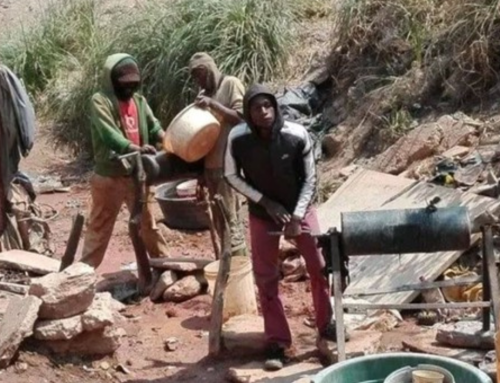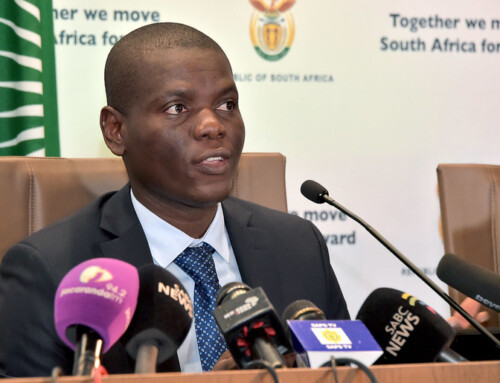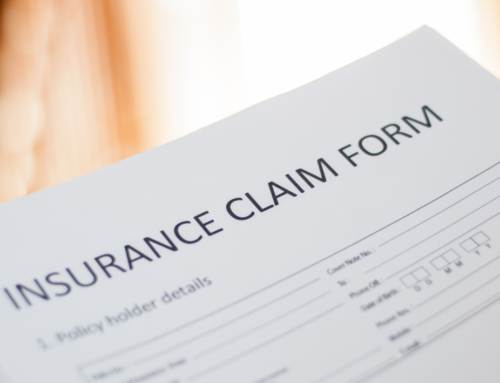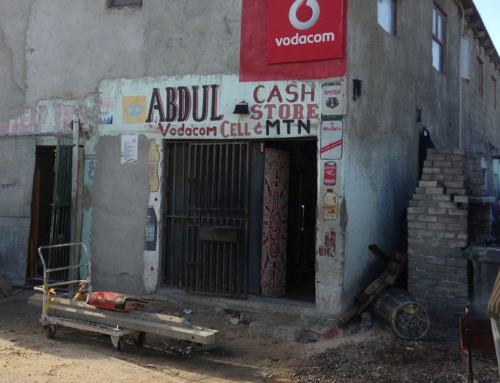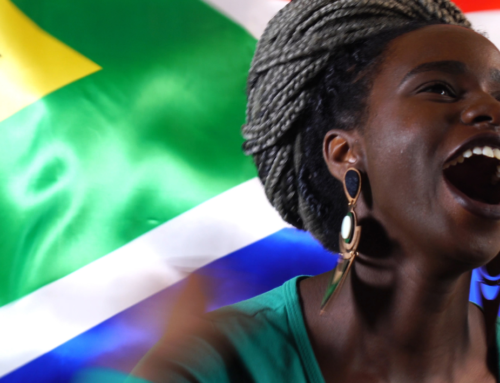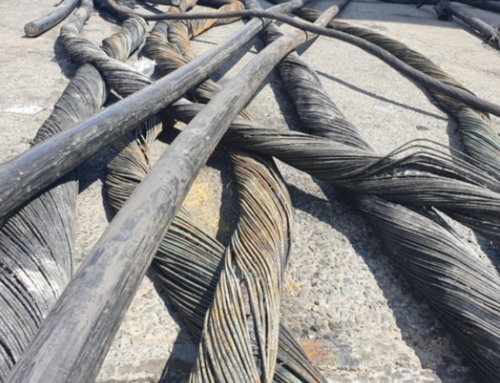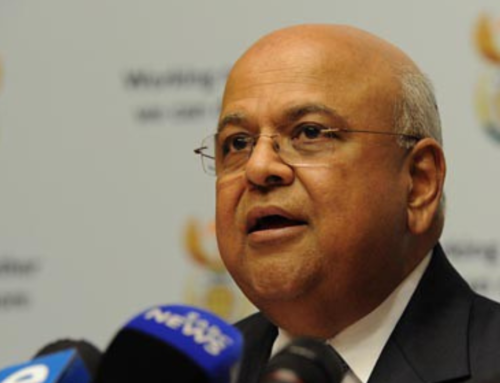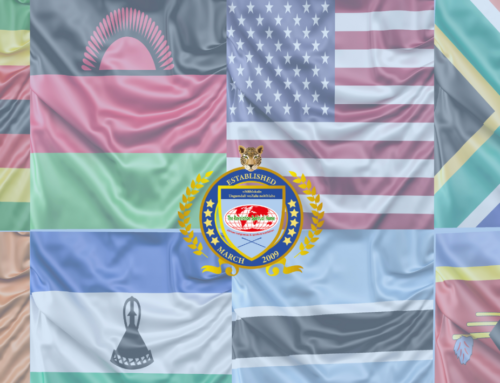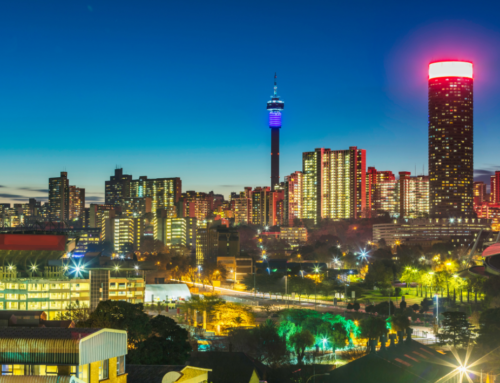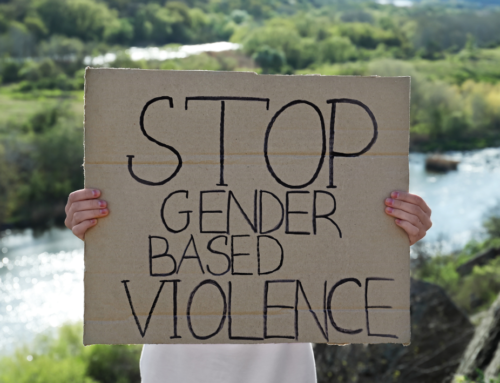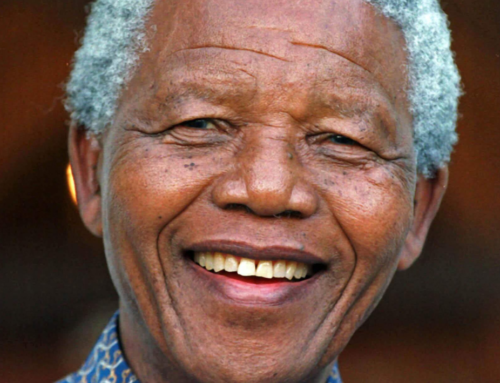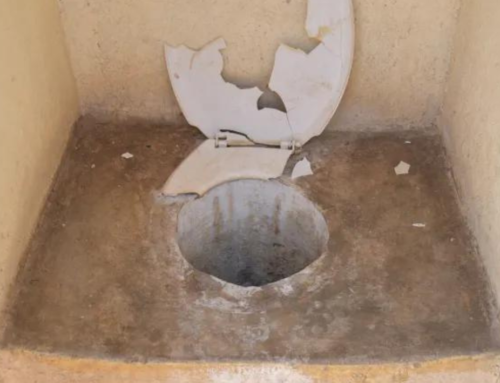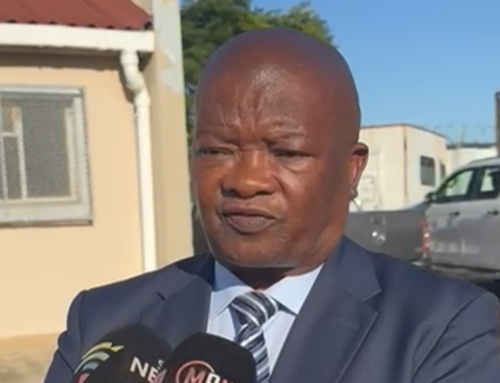Honourable Ms Baleka Mbete, MP
Speaker of the National Assembly
PO Box 15
Cape Town
8000
Per email: speaker@parliament.gov.za
Dear Madam Speaker
YOUR REQUEST FOR INPUT FROM POLITICAL PARTIES ON A SECRET BALLOT ON THE MOTION OF NO CONFIDENCE IN THE PRESIDENT OF THE REPUBLIC OF SOUTH AFRICA
This matter has reference.
1. The context of the Constitutional Court judgement
In giving the Constitutional Court’s unanimous judgement, on 22 June 2017, on the matter of the Speaker’s discretion to decide whether a vote on a motion of no-confidence (MONC) in the President of the Republic should be secret or not, Chief Justice Mogoeng Mogoeng stated the following:
“South Africa is a constitutional democracy – a government of the people, by the people and for the people through the instrumentality of the Constitution. It is a system of governance that “we the people” consciously and purposefully opted for to create a truly free, just and united nation. Central to this vision is the improvement of the quality of life of all citizens and the optimisation of the potential of each through good governance.”
About the power of those in public office the Constitutional Court said:
“They are therefore not to be used for the advancement of personal or sectarian interests. Amandla awethu, mannda ndiashu, maatla ke a rona or matimba ya hina (power belongs to us) and mayibuye iAfrika (restore Africa and its wealth) are much more than mere excitement-generating slogans.”
The context provided by these pronouncements is critical when considering whether the ballot on the MONC in the National Assembly (NA) should be secret or not.
It means that any decision, which the Members of Parliament (MPs) in the NA makes, should be weighed in terms of the primary directive of improving the lives of all South Africans to the exclusion of “the advancement of personal or sectarian interests”.
2. Protection of MPs and their freedom fulfil their obligation to South Africans
The question is therefore whether the NA MPs enjoy the protection and freedom to fulfil their Constitutional obligation to make decisions in the best interest of our people.
In our submissions to the Constitutional Court, the United Democratic Movement (UDM) raised the issue of widespread intimidation of members of the African National Congress (ANC) in order to quell dissent within the party.
There is a copious number of examples, as reported by the independent media, which detail the threats made on the person and employment of ANC MPs in the NA. These threats started right after President Zuma reshuffled his cabinet, and continue to this day.
One cannot make the mistake of thinking these are idle threats. The Minister of Police announced, on the 29th of May 2017, that there had been thirty-three officially recorded politically motivated murders in the KwaZulu-Natal alone. We have not seen this level of political intolerance since the mid-nineties.
As if this is not enough, during the ANC’s recent Policy Conference the very same Minister (who is also a member of the ruling party National Executive Committee (NEC)) described those NA MPs who may vote with the Constitution and the people of South Africa, as “suicide bombers”. A very violent analogy, to describe a potentially violent situation.
The whole fracas around ANC MP Dr Makhosi Khoza’s point of view on the secret ballot is another case in point. Just today it was reported that her daughter received death threats from the same people intimidating her. Not only is she under threat, but her family too!
On the 7th of July, the Chief Whip of the majority party in the NA threatened members of his party with disciplinary action if they dare to not toe the party line.
If this is the level to which people will stoop, how can MPs vote without fear of what the Constitutional Court called “illegitimate hardships”.
3. “Proper and rational basis” for the Speakers decision on a secret ballot
The UDM again refers you to the Constitutional Court’s judgement that states that:
“There must always be a proper and rational basis for whatever choice the Speaker makes in the exercise of the constitutional power to determine the voting procedure. Due regard must always be had to real possibilities of corruption as well as the prevailing circumstances and whether they allow Members to exercise their vote in a manner that does not expose them to illegitimate hardships.”
You have been given the responsibility, as the impartial Speaker of the House, to consider the quite unabashed intimidation already suffered by ANC MPs, as well as the threat of future adverse repercussions should the vote be open.
These are not matters to be toyed with and we beseech you to apply your mind, being fully aware of 1) the entire ruling of the Constitutional Court and 2) what might happen to these public representatives if the ballot is not secret.
4. The UDM wants a secret ballot
In conclusion, I wish to reiterate the arguments we placed before the Constitutional Court and stress the UDM’s point of view that NA MPs must be protected so that they may vote according to their conscience and therefore in the favour of our people.
Yours sincerely
Bantu Holomisa, MP
UDM President



